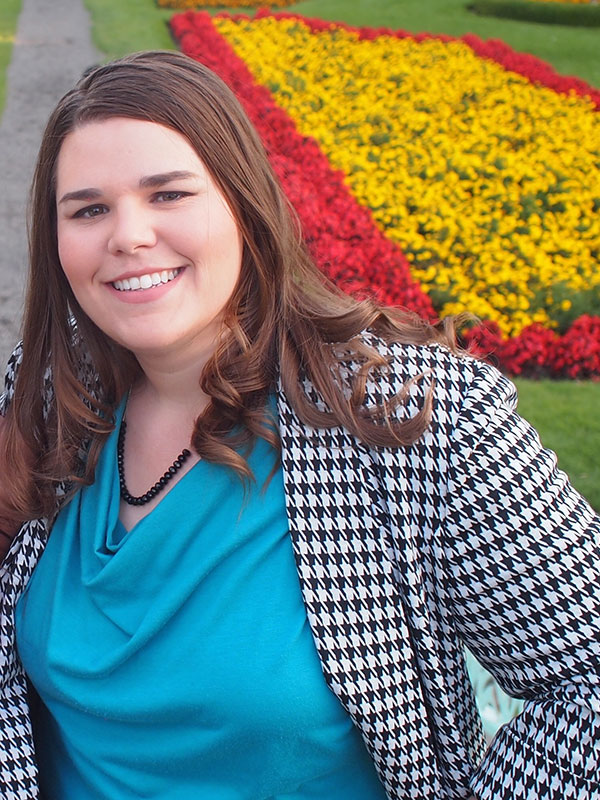Engineering Education
Academic Degrees
- B.S., Environmental Sciences, Oregon State University
- M.S., Environmental Engineering, Oregon State University
- Ph.D., Environmental Engineering, Oregon State University
Certifications
- Ph.D.
Research Opportunities (Graduate/Undergraduate)
Areas of Research and Professional Interest
- 3-D Spatial Visualization
- Gender and Teamwork
- Authentic Engineering Practice
Affiliation: Discipline-Based Education Research in the College of Engineering at UNL
PhD Degree Available: Unified PhD in Engineering, Specialization in Engineering Education Research
Inventions/Patents
About Grace Panther
Research Interests:
3-D Spatial Visualization:
Engineers frequently utilize spatial skills in practice such as when they “imagine” what a 2D drawing will look like in 3D. Spatial visualization is the ability to conceptualize real and imagined spatial relationships including being able to mentally manipulate, organize, and reason about these relationships. Spatial cognition has been correlated with being successful in engineering education. But the spatial skills of women and low socioeconomic students is often under-developed and lags significantly behind their affluent male counterparts. Poorly developed spatial skills for these populations could be a hindrance to our ability to diversify engineering. Current research tracks include integrating and expanding a spatial curriculum in the middle grades, examining the affective impact of a spatial curriculum for undergraduate students, and determining if a link exists between spatial skills and design creativity.
Teamwork:
Teamwork is an important component of engineering education programs and enables students to develop skills that engineering graduates need for the workplace. Teamwork has also been found to be experienced differently by underrepresented groups. But little consensus exists about how to best cultivate teamwork activities. Current research interests include synthesizing existing teamwork literature and developing a comprehensive curriculum for faculty about teamwork.
Authentic Engineering Practice:
Reforms in engineering education call for the need to better prepare students for the workplace. These calls often result in a broad understanding of areas students need to improve and lack a nuanced understanding of where differences exist between students and practicing engineers. Research interests include identifying these nuanced differences in knowledge relative to interdisciplinary projects including knowledge boundaries and uncertainty.

